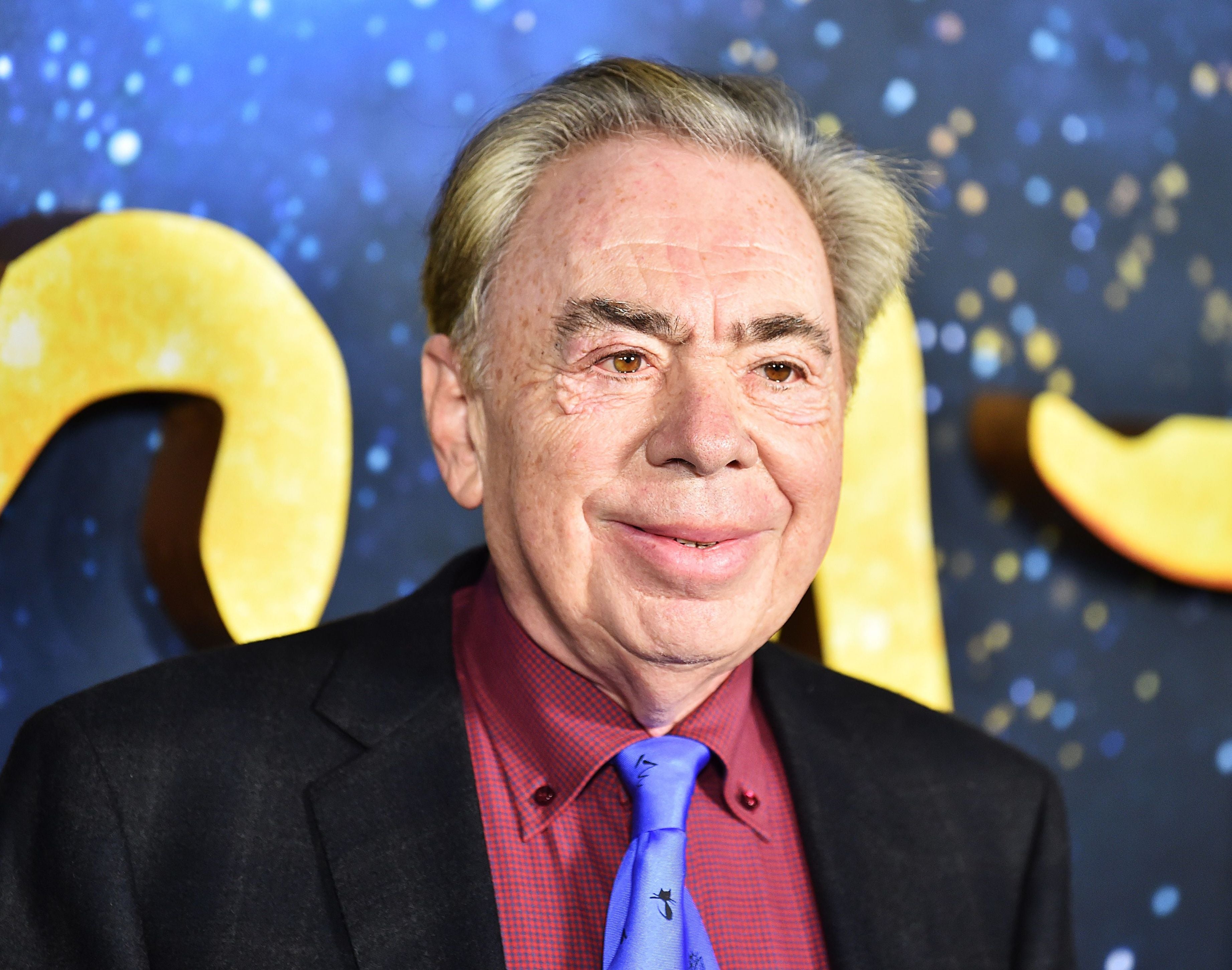The Top 10: Missed Scoops
Some of the greatest stories never told – or, at least, not told as soon as they might have been


This one started because of my “No Beatles” rule, which prompted a colleague to remember the first one, which is indeed not a Beatles story.
1. Cats, the musical. Michael McCarthy, my great former colleague who was environment editor for The Independent, worked for The Mirror in the 1970s, and interviewed Andrew Lloyd Webber on the beach in Cannes during the film festival. Lloyd Webber said he was working on a couple of things. One was a musical about the Beatles (which was never made), and the other – Lloyd Webber hesitated and said, “You’re going to think this is a bit strange” – was about TS Eliot’s cat poems. “Yes,” said McCarthy, doubtfully. “Tell me about the Beatles.”
2. The 1997 Scottish referendum. Donald Macintyre’s first column for The Independent when he was promoted from political editor to commentator in June 1996 mentioned in passing that Tony Blair would have a referendum on Scottish devolution, which had not hitherto been Labour’s policy. His successor as political editor, Anthony Bevins, made it the front-page lead in the following day’s newspaper.
3. Watergate. It could have been in The New York Times instead of The Washington Post. An NYT journalist was tipped off about President Nixon’s involvement, and told his editor, but neither followed it up. Nominated by Richard Evans and Benjamin Dixon.
4. MPs’ expenses. The unredacted files were offered to The Times and The Sun, who turned them down before The Daily Telegraph paid £110,000 for them. “The journalistic equivalent of not signing a certain unmentionable popular beat combo of the 1960s when you had the chance,” said Paul T Horgan.
5. John F Kennedy’s assassin. After seeing the president being shot, Robert MacNeil of NBC rushed to the nearest building and asked someone who was leaving it in a hurry if there was a phone in there he could use. “Yes,” said the man – Lee Harvey Oswald. Thanks to David Boothroyd.
6. A Manchester band. My former colleague Jane Merrick, then aged 19, ran a listings magazine in Liverpool in 1993 and an independent record label offered an exclusive interview with a new band they were excited about. “I asked where the band was from. Manchester, he said. Sorry, I replied, we’re really a magazine about Liverpool, so it’s probably not our thing … The label was Creation Records. The band was Oasis.”
7. The plot of Terry Pratchett’s last novel. Tom Chivers interviewed Pratchett in 2013. “I noted to him that in his later stories he had rehabilitated every ‘evil’ species – orcs, trolls, vampires, werewolves; made them people. Except, at that stage, elves. And I remember he wagged his finger at me and said: ‘You bugger.’ I never mentioned it in the piece, but then when The Shepherd’s Crown came out – posthumously, his last book – he had, indeed, done the same for the elves.”
8. The TB-GBs. “I was told by a drunken Brownite a few weeks after the 1997 election about Brown-Blair clashes and Brown’s simmering fury but didn’t believe it. Eventually put several confusing paragraphs in a page 2 story. Fail,” said Iain Martin.
9. IceSave adverts. “I saw them on the tube in about 2007 and thought, ‘Blimey, look at that interest rate, they really want your money,’ but did not ask, ‘Why?’” said David Firn.
10. Wright brothers’ first flight. The Dayton Daily Journal, the first newspaper to be sent the story in 1903, didn’t run it because the news editor thought 57 seconds of powered flight was no big deal. It was reported on an inside page of the rival Dayton Daily News, and on the front of a third newspaper, Virginian-Pilot, which got most of the facts wrong, attracting little national attention. Thanks to Pip Moss.
There is always one, and this week it is James Dinsdale, who nominated Andy Coulson and Rebekah Brooks for missing the scoop on the News of the World phone hacking scandal.
Next week: singing politicians, after the prime minister was heard singing “Waltzing Matilda” – on account of his supposed preference for Australian-style solutions for EU trade.
Coming soon: inversions of well-known phrases, such as Trouble Over Bridgwater, an album by Half Man Half Biscuit.
Your suggestions please, and ideas for future Top 10s, to me on Twitter, or by email to top10@independent.co.uk


Join our commenting forum
Join thought-provoking conversations, follow other Independent readers and see their replies
Comments